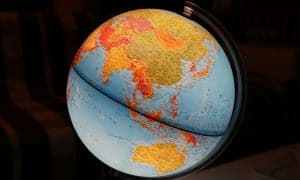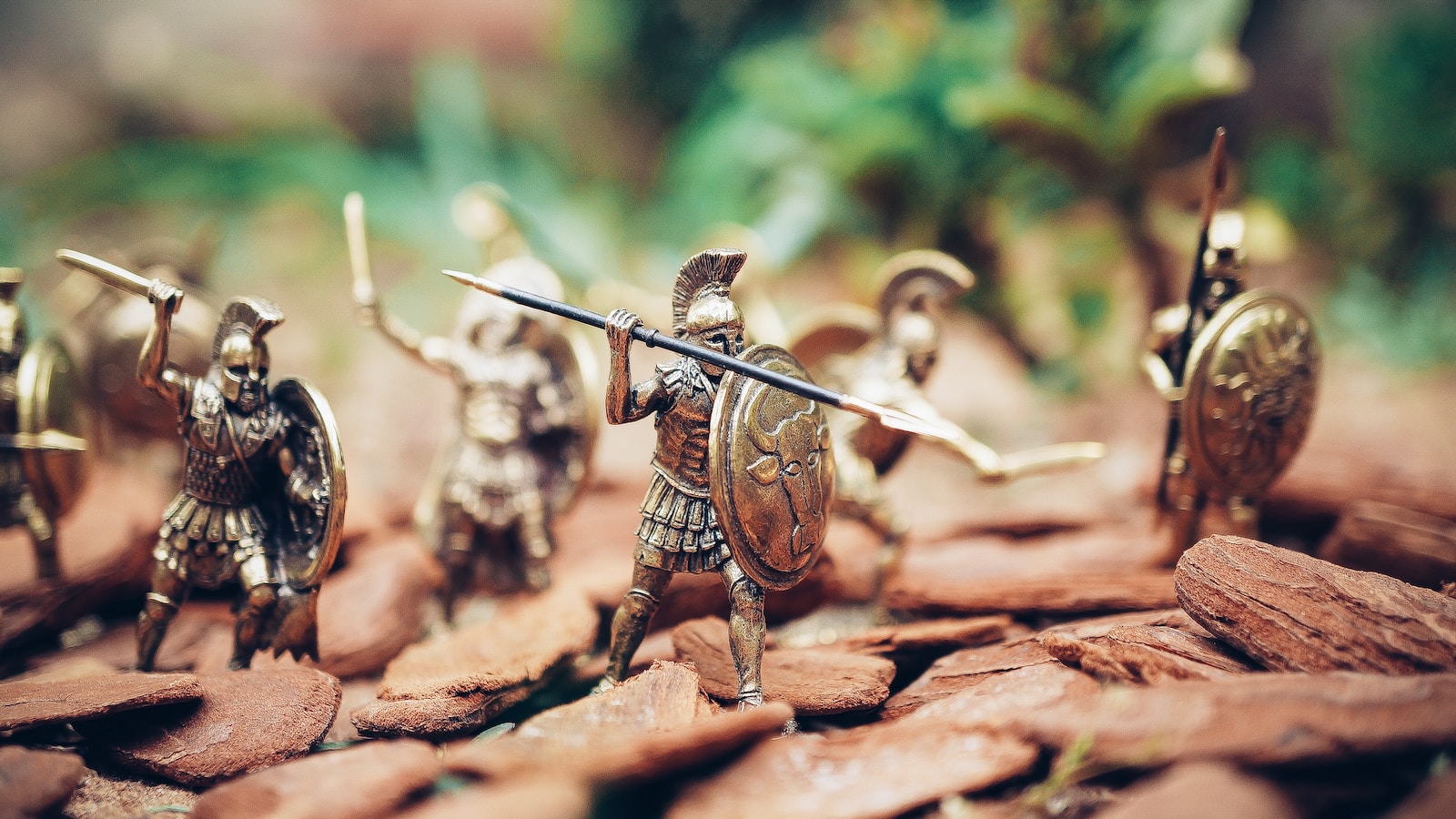It is time for the summer blockbuster and action movies win huge – big screen battles, villains, etc. In the real world, another one is heating up. The global effort to reclassifying marijuana received a recent key boast. With the US President, global leaders, villains, billions of dollars, history, millions of victims and hundreds of millions consumers, this could have a massive effect. The West vs East showdown now has changing players and facts plays a part. The epic global battle over marijuana is worthy of a Marvel movie.
The first international drug war was the Opium Wars in the 19th century when Western countries lead by the United Kingdom forced China to open their borders and provide opium to the rest of the world. China lost and tried to push back during the Boxer Rebellion of 1900, but lost again. Japan, Russia, the United States and more were caught up in the action and it made daily international news.
In a major shake up in the cannabis war, a division of the United Nations (UN) seems to be switching sides. The UN Office on Drugs and Crime (UNODC) is marking World Drugs Day with the theme “People first: stop stigma and discrimination, strengthen prevention”, and launched another edition of the World Drug Report. UNODC continues to fail in raising concerns over the continued use of the death penalty for drug-related offences despite a sharp increase in executions last year.

In 1925The League of Nations, the pre-cursor of the United Nations, during a plenipotentiary conference first regulated cannabis worldwide and in 1936 had anti-trafficking convention. By the 1960s marijuana was general illegal, but consumed, in most parts of the world. In 1972, the Dutch divided drugs into more- and less-dangerous categories, cannabis being in the lesser category. Accordingly, possession of 30 grams or less was made a misdemeanor. Cannabis has been available for recreational use in their coffee shops since 1976 making Amsterdam an iconic marijuana tourist destination.
In 1996, California became the first U.S. state to legalize medical cannabis in defiance of federal law. Canada followed in In 2001.
RELATED: Science Says Medical Marijuana Improves Quality Of Life
In 2001, Portugal decriminalized all drugs, maintaining the prohibition on production and sale, but changing personal possession and use from a criminal offense to an administrative one. Subsequently, a number of European and Latin American countries decriminalized cannabis, such as Belgium (2003), Chile (2005), Brazil (2006), and the Czech Republic (2010). In 2013, Uruguay legalize recreational cannabis them the first country in the modern era to legalize cannabis.
More Western World and South American countries leaned into the science of medical marijuana and the data proving cannabis is less harmful than alcohol. China, Russia, Eastern Africa and the Middle East took an opposite stance increased draconian punishments.
The failed war on drugs continues to reap a horrible harvest of ruined lives and economic devastation. Reports by Amnesty International and Harm Reduction International show people who are marginalised, including because of their socio-economic status, ethnicity, mental or intellectual disability, and nationality, continue to be disproportionately impacted for drug-related crimes. The situation sharply deteriorated during 2022, as the recorded number of people executed for drug-related offences increased by more than 100% in 2022 compared to the previous year. As reported by Amnesty International, executions for drug-related offences amounted to more than a third of all executions recorded globally. Executions for drug-related offences were confirmed in Iran, Saudi Arabia, Singapore and China – likely occurring in Vietnam as well, where state secrecy is prevalent.
Added to the mix is a slow moving President Biden on US decriminalization and Canadian Prime Minister Trudeau allowing international cannabis trade despite the UN. Former cartel kingdom Columbia is working to legalize marijuana and become the “weed basket” of the world with their outdoor grow. Pete Davidson, Rihanna, Elon Musk and other bold faced celebrities join international conglomerates like Constellation Brands, Altria, Alimentation Couche-Tard, and Imperial Brands to embrace legalization both nationally and beyond.
RELATED: Things NOT To Do When You Have Marijuana – Like Buy A Ferry

With millions being penalized, some severely, and hundreds of millions who consumer, especially those who need it medically, this shouldn’t be difficult. The UN Office on Drugs and Crime new position, are starting to reframe the discussion into equity, science and medical data. Medical marijuana has been world benefits since ancient times and can go a long way in the fight against opioids with the governmental support.


